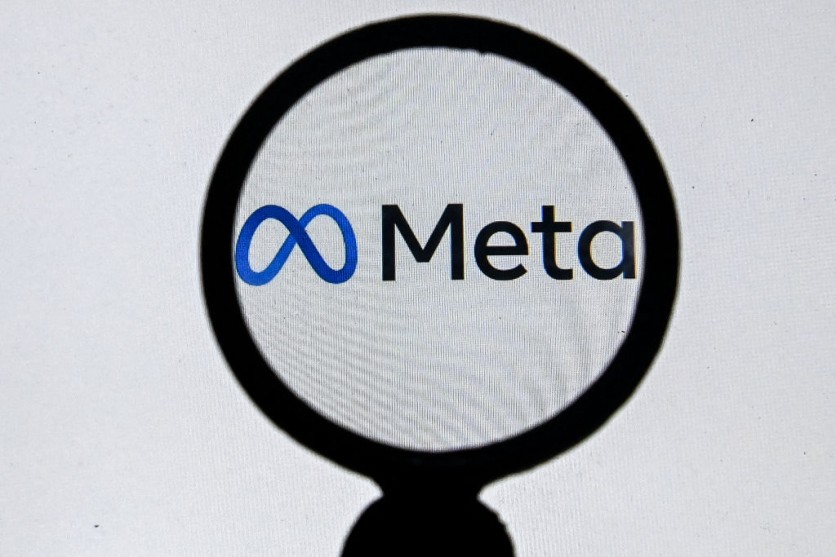Meta, the parent company of Instagram and Facebook, was banned from mining data in Brazil to train its artificial intelligence (AI) models, according to a recent decision by the country's national data protection authority.

Brazil Bans Meta From Data Mining For AI Training
The Associated Press reported that the ruling, published in the country's official gazette, prohibits Meta from using data originating in Brazil to feed into its AI systems. This decision was made due to concerns over potential harm to individuals' fundamental rights, as outlined by the regulatory agency.
Brazil, where Facebook alone boasts around 102 million active users out of a population of approximately 203 million, represents a substantial market for Meta.
Despite Meta's assertion that its updated privacy policy complies with Brazil's privacy laws, the company expressed disappointment with the ruling, highlighting its potential impact on innovation and AI development in Brazil.
Meta's privacy policy update has faced challenges not only in Brazil but also in Europe, where plans to incorporate public posts into AI training were recently halted.
In contrast, similar practices are already underway in the United States, where federal privacy laws are less stringent, according to AP. Earlier announcements from Meta indicated its intention to use publicly shared information about its products and services to enhance AI capabilities, including data from public posts and photos with captions.
However, concerns have been raised about the accessibility and transparency of the opt-out process for users wishing to avoid using their data in this way. The regulatory decision also reflects broader concerns about using personal data in AI development.
A recent report by Human Rights Watch highlighted instances where personal photos of identifiable Brazilian children, sourced from various online platforms without explicit consent, were used to develop AI tools, sometimes leading to the creation of AI-generated explicit imagery.
While the decision has been praised for its potential to protect privacy rights, critics argue that it could deter companies from transparently disclosing their data usage practices.
Ronaldo Lemos from the Institute of Technology and Society of Rio de Janeiro, a think-tank, suggested that the decision regarding Meta could likely discourage other companies from transparently disclosing their data usage practices in the future.
Response of Meta to the Ban in Brazil
Meta has been instructed to demonstrate compliance with the ruling within a short timeframe, facing significant fines for non-compliance. A representative from Meta expressed disappointment, saying that the company believes its approach adheres to Brazil's privacy laws and regulations.
The spokesperson also remarked that this decision hampers innovation, stifles competition in AI advancement, and prolongs the delivery of AI benefits to the Brazilian population.
Related Article : Meta Rolls Out an Expanded Deceptive Content Policy, Cracking Down On Deepfake, Unlabeled AI Ahead of US Elections

ⓒ 2025 TECHTIMES.com All rights reserved. Do not reproduce without permission.




